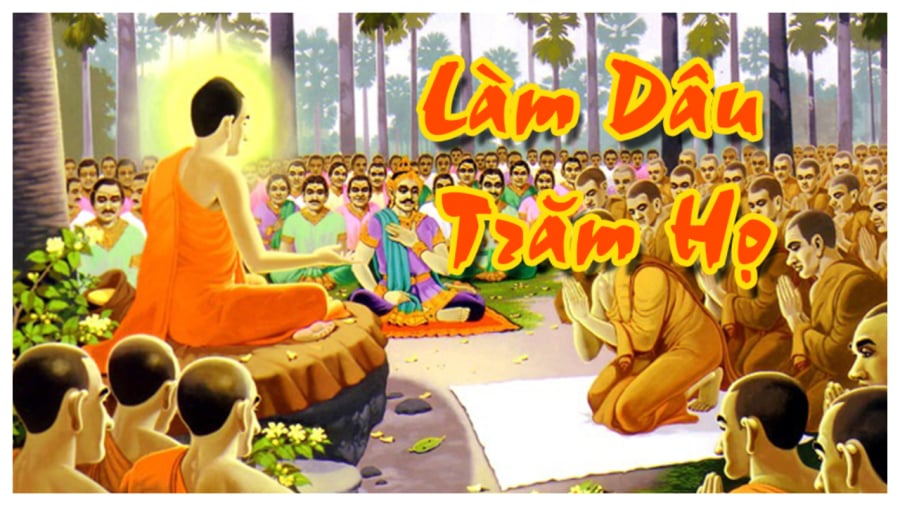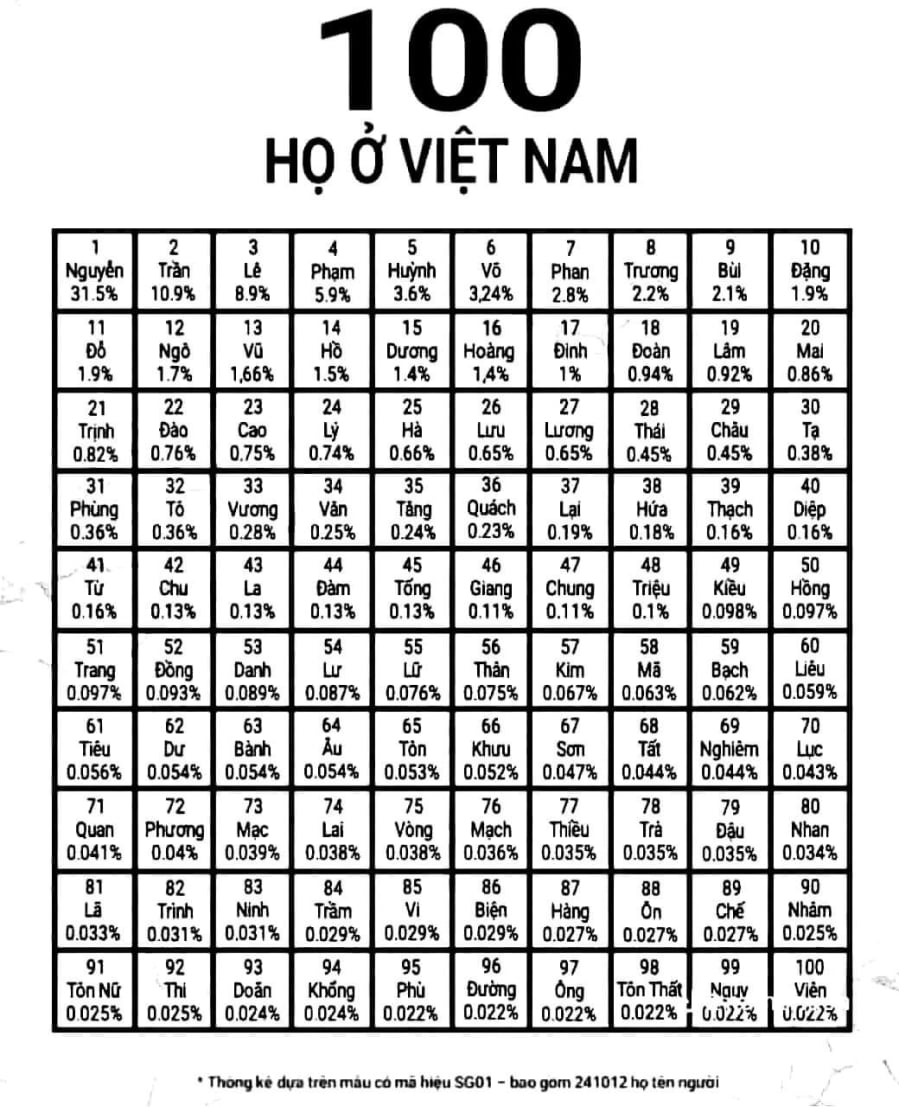The meaning of the idiom “Being a daughter-in-law of 100 families”
The idiom “Being a daughter-in-law of 100 families” is a fixed phrase that is often used and its meaning cannot be easily explained by the meanings of the words it contains. This reflects the difficulty of the profession or a person when they have to have the skill to handle and please everyone.
For a girl to get married and obey her husband’s family and listen to her father-in-law and mother-in-law is already a difficult task. Because in the past, people used to say that blood is thicker than water, so life needs to be handled with care. So being a daughter-in-law of 100 families will be even more challenging.
In the past, people used this idiom to express something, that someone has to try their best to please everyone without being criticized. It’s a very difficult task as no one can be perfect and no one has the endurance to please 100 families in this life.
This saying shows both understanding and criticizing the fact that people like to judge and demand others to please themselves.

Below, the meaning of the idiom “Being a daughter-in-law of 100 families” in Vietnamese that you may not have known will be explained. And the explanation of how to use the word “Being a daughter-in-law of 100 families” in Vietnamese idioms. After reading this content, you will definitely know what the word “Being a daughter-in-law of 100 families” means.
To obey and please many different subjects, with their various requests and demands; to bear the scrutiny and judgments of many people. The task of trying to please 100 families is an impossible task, so you just need to do things right and live true to yourself without necessarily having to please 100 families. Because that is an impossible task.
So who are the 100 families here?
Few of us know that in Vietnam we actually have 100 surnames. And they are scattered all over Vietnam. But among them, there are 3 major surnames that make up the majority of the population: Nguyen, Tran, Le. In addition, there are 97 other surnames with a lower proportion. Among them are surnames that have very few people, such as: Vien, Nguy, Ton That, Ong…































